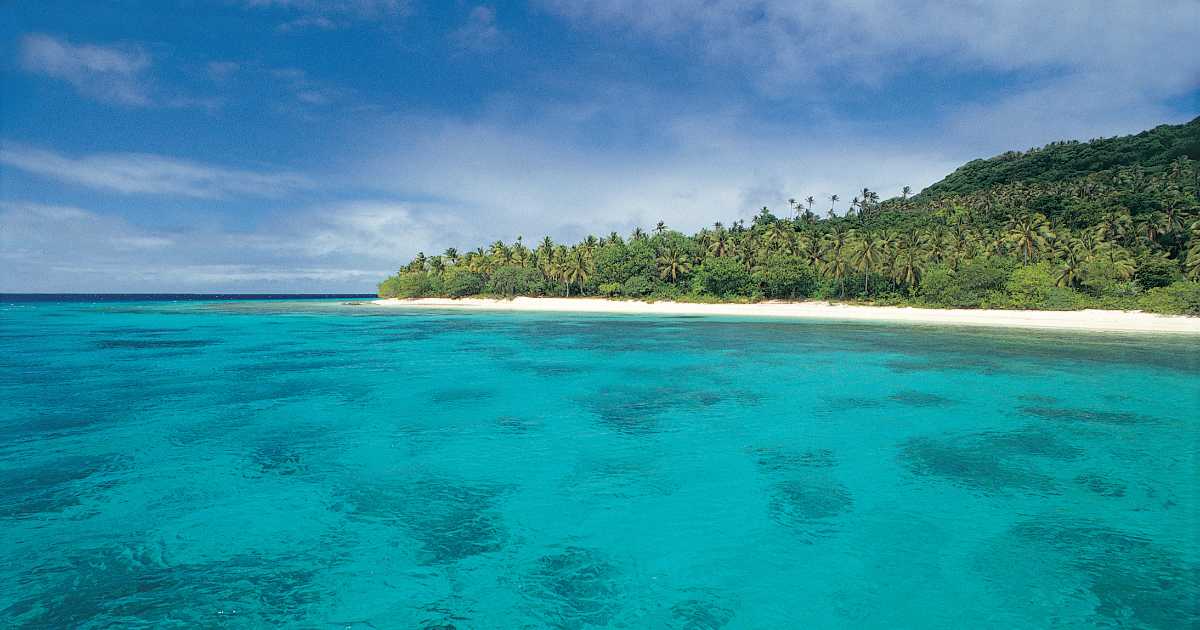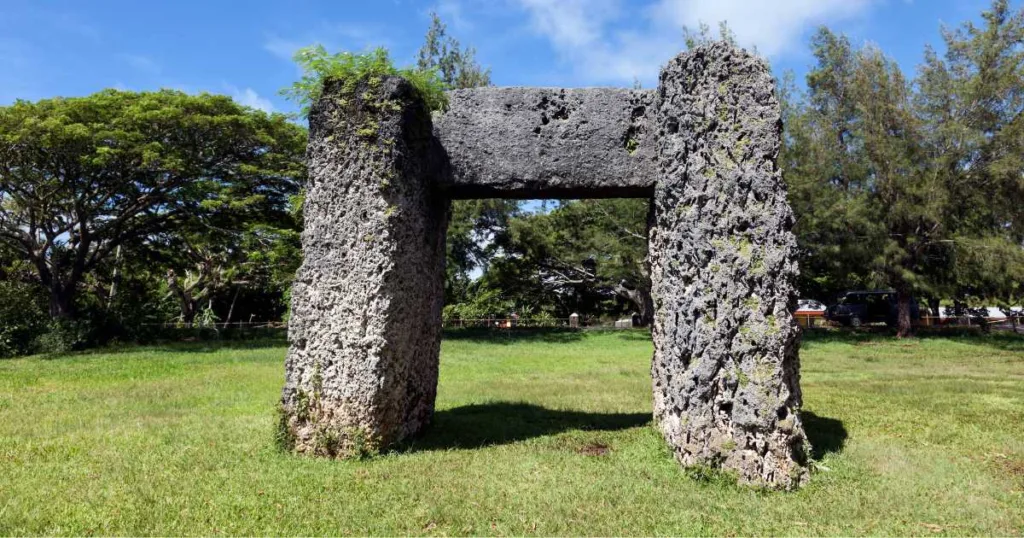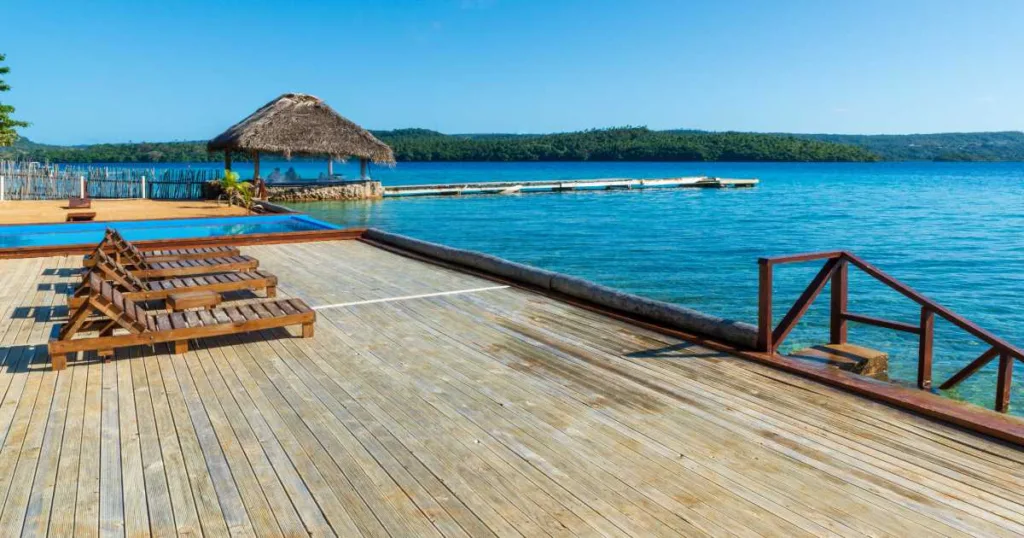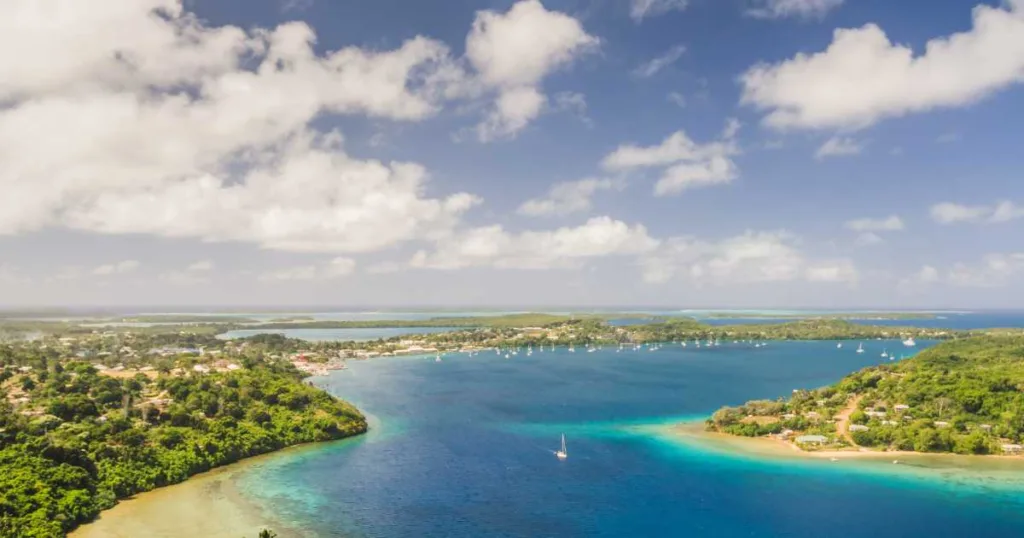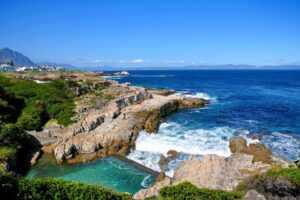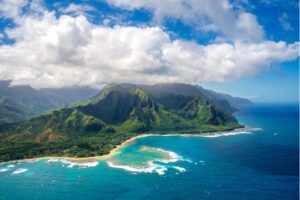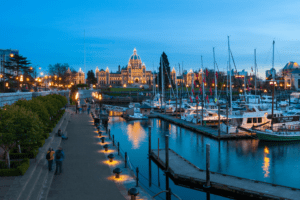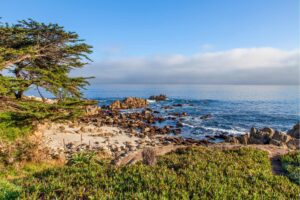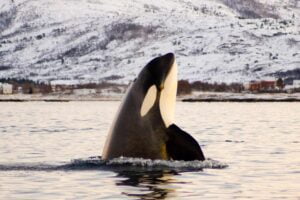Whale Watching Tonga: Your Ultimate Guide to an Unforgettable Experience
Embarking on a whale-watching adventure in Tonga offers you the unique opportunity to witness the majesty of humpback whales in their natural habitat.
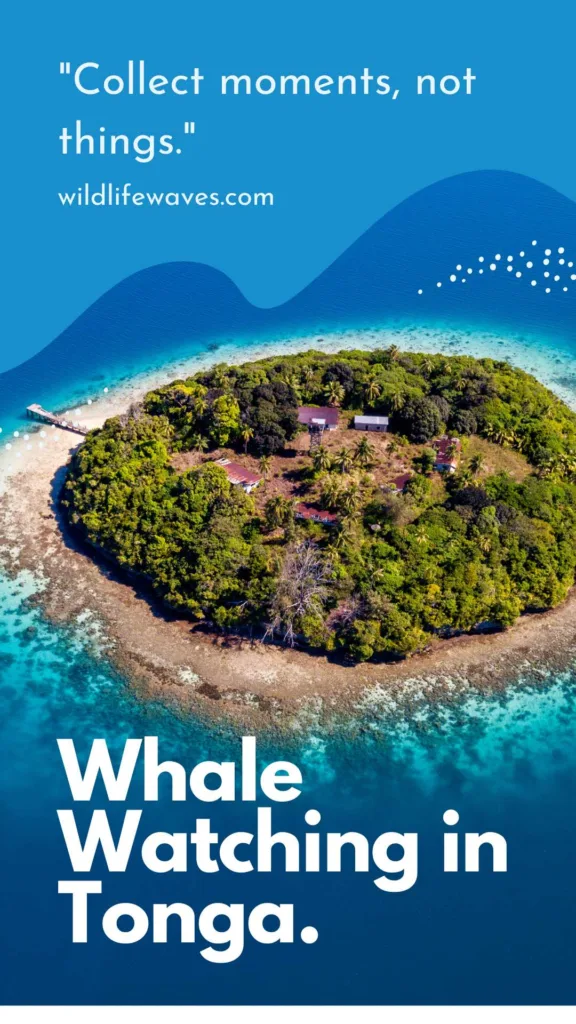
From July to October, these colossal yet gentle marine mammals congregate in Tonga’s warm, sheltered waters to mate and give birth, providing a rare chance for you to observe and even swim alongside them.
As you plan your trip, choosing a responsible tour that respects the whales and their environment is essential. The Kingdom of Tonga is one of the few places in the world where you can swim with whales, with regulated tours that ensure a safe and sustainable encounter for both you and the whales. The experience promises to be a highlight of your travels, offering memories that will last a lifetime.
Your journey will take you to the crystal-clear waters of Vava’u or Ha’apai, where the chance of spotting these majestic creatures is high. With a variety of tours available, from full-day excursions to multi-day packages, there’s something for every schedule and budget. Prepare for an unparalleled marine adventure as you witness the awe-inspiring beauty of humpback whales in Tonga.
Discovering the Kingdom of Tonga
Tonga is known as a kingdom because it is one of the few remaining sovereign monarchies in the world. The title reflects its governance system, which is a constitutional monarchy with a royal family at its head. The Kingdom of Tonga has a rich history of monarchs, and it has managed to preserve its royal lineage and traditions over the centuries.
The monarchy in Tonga plays a significant role in the country’s identity and cultural heritage. The king has ceremonial duties as well as executive powers within the government structure. This blend of traditional leadership and modern governance makes Tonga unique, especially in a world where monarchies are becoming less common.
Tonga’s status as a kingdom is a point of pride for its people, symbolizing continuity, stability, and a deep connection to the nation’s history and traditions. It’s this royal heritage that adds to the allure and mystique of Tonga as a destination and a nation.
What country does Tonga belong to?
Tonga stands proudly as a sovereign entity, known affectionately as the Kingdom of Tonga. Nestled in the heart of the South Pacific Ocean, it’s a picturesque archipelago that boasts its independence and rich cultural heritage. Unlike territories that are part of larger nations, Tonga’s status as a kingdom highlights its historical and ongoing monarchy, making it a rare gem in today’s global landscape.
Why is Tonga so special?
Tonga’s allure lies in its remarkable blend of natural beauty, cultural richness, and the enduring presence of a royal monarchy. Its landscapes are a breathtaking array of tropical beaches, coral reefs, and volcanic landforms, offering postcard-perfect scenes at every turn. Culturally, Tonga holds tightly to its Polynesian roots, celebrating traditional customs, dances, and ceremonies that have been passed down through generations. The kingdom’s commitment to preserving these traditions amidst the pressures of modernization makes it a special sanctuary for those seeking authenticity.
What is the ethnicity of the Tongan people?
The heart and soul of Tonga are its people, primarily of Polynesian ethnicity. This group shares a vast oceanic heritage with other Polynesian islands but has cultivated a unique identity through language, art, and social structures. The Tongan way of life, or “anga fakatonga,” emphasizes respect, family bonds, and community, reflecting the deep connection between the land, the sea, and its people.
Is Tonga a Hawaiian island?
While both Tonga and Hawaii share the vast Polynesian family tree, Tonga is not a Hawaiian island. It is an independent nation with its own distinct culture and history. This common misconception might stem from the shared Polynesian roots that link the peoples of the Pacific Ocean, including those of Hawaii, Samoa, and New Zealand, each with their unique identity.
Who controls Tonga?
Tonga’s governance is a fascinating blend of traditional monarchy and parliamentary democracy. The King of Tonga holds significant influence, embodying the nation’s cultural heritage and unity, while executive powers are exercised in conjunction with the government. The legislative assembly, comprising elected and noble-appointed members, plays a crucial role in shaping the nation’s policies, showcasing Tonga’s unique approach to blending ancient traditions with modern political structures.
Is Tonga rich or poor?
Economically, Tonga faces the challenges of many small island developing states, with limited resources and a reliance on external factors such as remittances and aid. However, its wealth lies in its vibrant culture, strong community ties, and natural beauty. Efforts to diversify the economy through tourism, agriculture, and sustainable development are ongoing, aiming to enhance the well-being of its people.
Why is Tonga a high-risk country?
Tonga’s geographical location makes it prone to natural disasters, including cyclones, tsunamis, and volcanic activity. These events pose significant risks to infrastructure, agriculture, and the overall economy. The nation’s resilience is tested repeatedly, prompting local and international efforts to strengthen disaster preparedness and response capabilities.
What is Tonga rich in?
Beyond its economic indicators, Tonga is abundantly rich in culture, natural resources, and biodiversity. Its lands yield tropical fruits, vanilla, and root crops, while its seas are teeming with life, offering both sustenance and beauty. The cultural heritage, from weaving and wood carving to music and dance, is a treasure trove of knowledge and artistry passed down through generations.
Where do most Tongans live in the US?
The Tongan diaspora in the United States has found strong footholds in Utah, Hawaii, and California. These communities not only maintain their cultural traditions but also contribute to the multicultural tapestry of their new homes. Churches, cultural festivals, and family networks play pivotal roles in keeping the spirit of Tonga alive across the Pacific.
How does Tonga make money?
Tonga’s economy is a mosaic of traditional agriculture, emerging tourism, and the invaluable contributions of Tongans living abroad. The cultivation of crops like vanilla and squash, alongside fishing, forms the backbone of local livelihoods. Remittances from overseas Tongans significantly bolster the economy, while tourism offers a window to the world, showcasing Tonga’s natural and cultural heritage.
Are Tonga people African?
Tongan people are Polynesians, part of the wider Austronesian family, which spans a vast region from Madagascar to Easter Island. Unlike the diverse ethnic groups of Africa, Polynesians share a distinct linguistic and cultural heritage rooted in their island environments, highlighting the diversity of human societies.
What religion is Tonga?
Christianity is the predominant faith in Tonga, woven deeply into the social and cultural fabric of the nation. The Free Wesleyan Church, a Methodist denomination, is particularly influential alongside other Christian denominations. This religious landscape reflects the historical impact of missionaries and the deep spiritual life of the Tongan people.
Why is Tonga popular?
Tonga’s popularity among travelers and those who dream of distant shores lies in its authenticity, warmth, and the untouched beauty of its islands. It offers a rare glimpse into a way of life that balances modernity with tradition, inviting visitors to experience its hospitality, explore its natural wonders, and immerse themselves in its cultural festivities.
Whale Watching in Tonga: An Overview
Whale watching in Tonga offers you the remarkable opportunity to witness humpback whales in their natural habitat. With seasonal migrations and various regions to explore, your adventures take place amidst stunning Pacific landscapes.
Importance of Whale Watching
Whale watching contributes significantly to Tonga’s ecotourism, playing a crucial role in both the local economy and the conservation efforts of these majestic sea creatures. By participating in responsible whale watching, you not only get the chance to have a breathtaking encounter but also support initiatives that protect the whales and their marine environment.
Whale Season in Tonga
The whale season runs from July to October when humpback whales migrate to the warm, sheltered waters of Tonga to breed and give birth. This period is your best opportunity to observe these giants as they are active near the surface, often breaching and slapping their fins, providing an unforgettable spectacle.
Regions for Whale Watching
Tonga boasts several key regions for whale watching, each offering unique experiences:
- Vava’u: Known for its clear waters and sheltered bays, Vava’u is perhaps the most famous spot for up-close encounters with the whales.
- Ha’apai: If you’re looking for a less crowded and more intimate experience, the pristine waters of Ha’apai might be your ideal destination.
- Tongatapu: Offering whale-watching experiences, Tongatapu is not only the main island but also has reputable tour operators.
- ‘Eua: For those preferring to stay on land, ‘Eua’s clifftop lookouts provide dramatic vistas for whale spotting, especially from places like Matamahina Hopo Lookout, overlooking the deep Tonga Trench.
Each area has its own characteristics and benefits, allowing you to choose your whale-watching adventure based on your preferences and travel itinerary.
Getting Started with Whale Watching Tours
Embarking on a whale-watching tour in Tonga is an unparalleled experience, offering you up-close encounters with majestic humpback whales. Your adventure begins with selecting the appropriate tour operator, understanding regulations designed to protect these gentle giants, and setting the right expectations for your excursion.
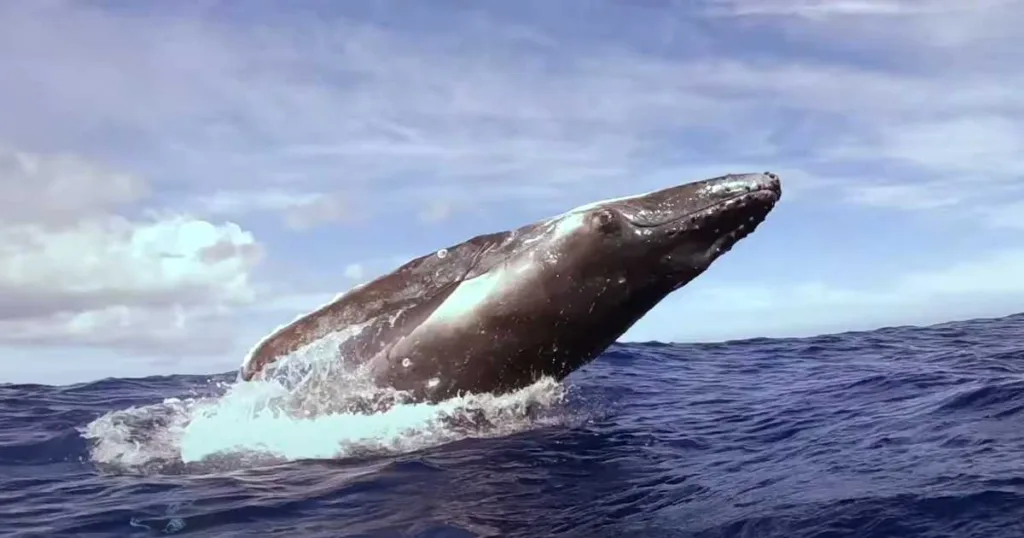

HUMPBACK SWIMS
Best Humpback Whale snorkeling experiences.
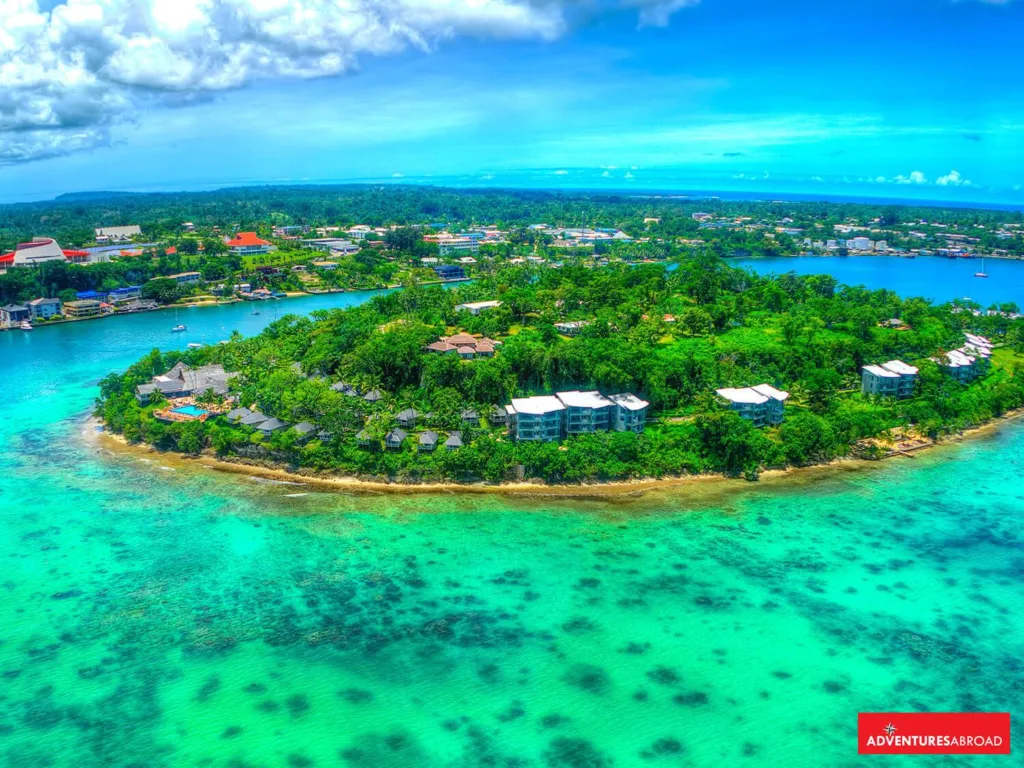

ADVENTURESABROAD
South Pacific Explorer Tour has an itinerary like no other — 100% unique!


WHALE DISCOVERIES
Live-aboard sailing yacht Wildlife and swim with the whales.
Choosing the Right Whale-Watching Tour
When considering a whale-watching tour, it’s essential to research various operators to find one that aligns with your expectations and budget. Prices for a full-day tour typically range from TOP$400 to $700 per person. Some operators offer multi-day packages, which can be more cost-effective. Look for tours offering accommodations if you plan for a prolonged stay, and verify the reputation and reviews of the tour providers to ensure a quality experience. For a distinctive encounter, whale swim tours allow swimming with these creatures in areas such as Vava’u, which is known for being a prime location.
Understanding Whale Watching Regulations
Tonga has regulations in place to safeguard the whales and their natural habitat. Before booking your tour, familiarize yourself with these to ensure responsible whale watching. Regulations may limit the number of swimmers allowed near whales at any given time and restrict how close boats can approach. Select a tour operator that adheres to these guidelines, as it reflects a commitment to the conservation of marine life.
What to Expect on a Whale Watching Tour
During your whale-watching tour, expect to spend several hours at sea, with outings often commencing in the morning and concluding in the afternoon. The experience is weather-dependent, and sightings can never be guaranteed, given the unpredictability of nature. However, Tonga’s whale-watching tours are known for their impressive success rates due to the high concentration of humpback whales in the region, especially from July to October. Necessary gear for swimming and snorkeling with the whales is typically provided, and you will be accompanied by experienced guides who can offer insights about these magnificent creatures.
Whale Swimming Experience
Embarking on a whale swim in Tonga provides a unique opportunity to interact with majestic humpback whales in their natural habitat. Here, we explore the responsible practices for ethical whale swimming, the preparations necessary for the best experience, and what distinguishes an unforgettable whale swim.
Ethical Whale Swimming
Engaging in a whale swim must be done with the utmost respect for the humpback whales and their environment. The Kingdom of Tonga enforces strict whale swimming regulations to ensure minimal impact on these gentle giants. It is crucial to choose tours that are committed to the welfare of whales, offering encounters that prioritize the animal’s wellbeing, typically limiting the number of swimmers and maintaining a respectful distance.
Preparing for Your Whale Swim
Proper preparation is key to maximizing your whale swimming experience. You’ll need a high-quality wetsuit and snorkelling gear for comfort and to enhance your mobility in the water. Before your adventure, familiarize yourself with snorkelling practices and the tour’s guidelines. Operators often provide briefings on safety and whale behavior to ensure you are well-informed before entering the water.
What Makes a Great Whale Swim
A great whale swim hinges on several factors: the expertise of the guides, the respect shown towards the humpback whales, and the natural conditions of the day. Select whale swimming tours with experienced guides who can safely lead you to areas where whales are often found while ensuring your interactions are unobtrusive. Clear waters and calm weather also contribute to a remarkable experience, providing optimal conditions for swimming with these incredible creatures.
Marine Life in Tongan Waters
Tongan waters offer a vibrant tapestry of marine life, headlined by the majestic humpback whales. These tropical waters serve as a sanctuary where a diversity of wildlife flourishes amidst the backdrop of rich coral reefs.
Diversity of Wildlife Encounters
When exploring Tonga’s marine playground, you are likely to witness a remarkable array of oceanic species. The warm, clear waters are teeming with life, offering encounters with not just humpback whales but also schools of playful dolphins. Wildlife in these waters is not limited to these larger mammals; the coral reefs house many colorful fish and invertebrates, creating a spectacular underwater mosaic for snorkelers and divers.
- Coral Reefs: Home to countless fish species providing both food and shelter.
- Dolphins: Often observed in pods, engaging in acrobatics and playful behavior.
Understanding Humpback Whales’ Behaviour
During your visit, understanding the behavior of humpback whales will deepen your appreciation for these gentle giants. From June to November, they frequent the tropical waters for breeding and giving birth, providing a window into their world.
- Breaching: Humpback whales are known for their spectacular breaches, a behavior that is a must-see for anyone visiting Tonga during the whale season.
By observing these behaviors, you’ll gain insight into the complex lives of humpback whales, from their intricate communication to the nurturing of their young in Tonga’s safe havens.
Practical Information for Visitors
When planning your trip to Tonga for whale watching, certain aspects such as the best seasons, accommodation options, and travel logistics play a crucial role in ensuring a memorable experience. Paying attention to details, from climate patterns to transportation, will help you make the most of your whale-watching adventure.
Best Time to Visit for Whale Watching
Weather in Tonga is a determining factor for your whale-watching excursions. For optimal conditions, aim to visit between July and October when humpback whales migrate to Tonga’s warm waters to breed and calve. During this peak season, morning tours often provide calmer seas, making it a prime time for your bucket list experience.
Accommodation Options in Tonga
Tonga offers a range of accommodations to suit various preferences and budgets. Options range from guesthouses to luxurious resorts. For a stay directly on the beach, consider the Tongan Beach Resort, known for its accessibility to whale watching tours and its serene environment. Be sure to book in advance, as rooms can fill up quickly during the whale-watching season.

Travel and Accessibility
Your flight into Tonga will likely land on the main island of Tongatapu. From there, inter-island flights or ferries are available to get you closer to the whale-watching action in Vava’u or Ha’apai. Traveling within Tonga can be an adventure in itself, so it’s wise to plan transfers and local transportation ahead of time. While exploring Tonga, don’t forget essentials like lunch and towels for your tours, as not all providers include them.
Sustainable Tourism and Conservation
When you visit Tonga for whale watching, your adherence to sustainable tourism practices directly contributes to the conservation of marine life. Respecting local regulations and supporting conservation efforts are essential steps to ensure that whale watching remains an activity that is both enjoyable and responsible.
Respecting Local Wildlife Regulations
You must be aware of the local wildlife regulations when participating in whale watching in Tonga. These regulations are designed to minimize human impact on the natural behaviors and habitats of whales. For instance, keeping a safe distance from the animals prevents undue stress and disruption to their activities. By following guidelines like those set forth by the Kingdom of Tonga, you help protect humpback whales and other marine species, allowing them to thrive in their natural environment.
Knowledge and education are crucial; before heading out to sea, ensure you understand and comply with Tonga’s guidelines. For example, never swim too close to a whale and avoid making loud noises that may disturb them. Local guides are well-versed in these regulations and can provide valuable information to enrich your educational experience.
Supporting Conservation Efforts
By choosing to engage with businesses that prioritize the conservation of marine ecosystems, you become part of the solution. Select tour operators who are advocates for marine conservation and who plow back a portion of their earnings into sustainable practices or local environmental protection projects.
Remember, your role as a tourist is not passive. You have the power to positively impact conservation efforts by promoting and practising ethical tourism. Your respect for the animals and the environment, combined with a genuine desire to learn, goes a long way in supporting Tonga’s rich marine biodiversity.
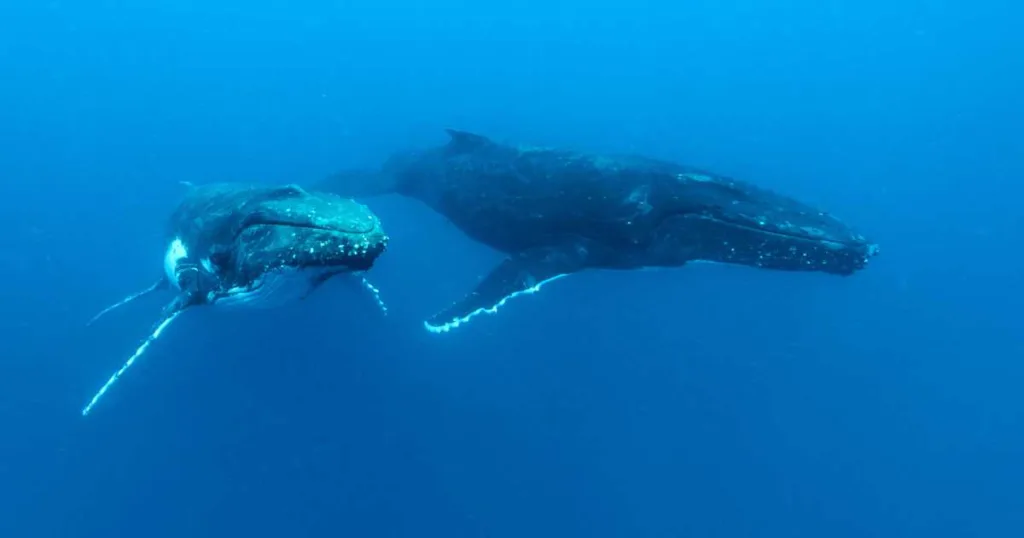
Personal Preparation for Whale Watching
Before setting out on your whale-watching adventure in Tonga, a little preparation can go a long way to ensuring you have an enjoyable experience. Paying attention to what to bring along and how to take care of your health and comfort while out at sea is crucial.
Essential Items to Bring
- Wetsuits: To comfortably swim with whales, a wetsuit is essential for both warmth and protection. The waters can be chilly, so choose a wetsuit with sufficient thickness for insulation.
- Snorkel Gear: A good quality mask and snorkel will enhance your viewing experience. A clear mask is a must for observing these majestic creatures.
- Fins: Don’t forget a pair of fins. They will help you move easily in the water when swimming close to the whales.
In addition to the gear for in the water, consider the following items to bring on the boat:
- Sunscreen: A high-SPF, waterproof sunscreen is essential to protect your skin from the tropical sun.
- Water: Stay hydrated by bringing plenty of fresh water aboard.
Health and Comfort on the Boat
- Seasickness: If you’re prone to seasickness, take preventative measures such as medication or acupressure bands ahead of time.
- Comfort Items: Consider bringing items such as anti-nausea medication, extra towels, and comfortable seating pads for personal comfort.
Remember, being prepared with the right items and precautionary measures can significantly enhance your whale-watching experience.
Enhancing Your Whale-Watching Journey
Maximizing the value of your whale-watching trip in Tonga involves immersing yourself in the local culture and pairing your adventure with various maritime activities. The unique combination of cultural experiences and a diverse range of sea-related pursuits can elevate your excursion to unforgettable heights.
Cultural Experiences in Tonga
Tonga’s rich cultural tapestry offers a deep connection to the sea, making your whale watching experience uniquely meaningful. Engage in events where you can learn about the significance of whales in Tongan heritage and folklore. Participate in local festivities or visit cultural sites to deepen your understanding of Tonga’s reverence for the ocean and its inhabitants.
Combining Whale Watching with Other Activities
In Tonga, your whale watching expedition can be enriched by incorporating additional aquatic activities:
- Snorkeling: Discover Tonga’s vibrant coral reefs by snorkeling in spots known for their clarity and biodiversity. Often included in multi-day whale watching packages, these excursions allow you to see the underwater world that whales call home.
- Private Charters: Customizing your journey with a private charter gives you flexibility. Choose an afternoon session for a more personalized encounter with the whales or consider fishing charters for a different type of sea adventure.
- Mate & Connect: Create friendships and share experiences through group charters that offer a chance to mate and forge lasting connections with fellow ocean enthusiasts.
Why Whale Watching in Tonga Is Unique
Your journey to understanding why Tonga offers a peerless whale-watching experience begins with its extraordinary geographical and cultural elements.
Tonga’s Unique Position in Whale Migration
Tonga is situated squarely in what can be deemed the heart of whale territory, particularly Vava’u, which serves as a significant hub for humpback whales journeying from the cold Antarctic waters. The warmth of Tonga’s seas provides these majestic creatures with a serene breeding ground and nursery, presenting you with the remarkable opportunity to witness these giants up close. The geographical location of Vava’u makes it one of the most reliable places in the world for whale encounters.
The Cultural Significance of Whales in Tonga
In Tonga, whales are more than just marine animals; they are integral to the cultural tapestry. In times past, locals would navigate the vast ocean expanses in traditional-style canoes, sharing waters with these leviathans. Today, respect and reverence for whales are endured in Tonga’s ethos. The Treasure Island Eco Resort, among others, upholds eco-friendly practices to ensure that whale watching is conducted responsibly, showing a deep-seated recognition of whales’ importance both ecologically and culturally.
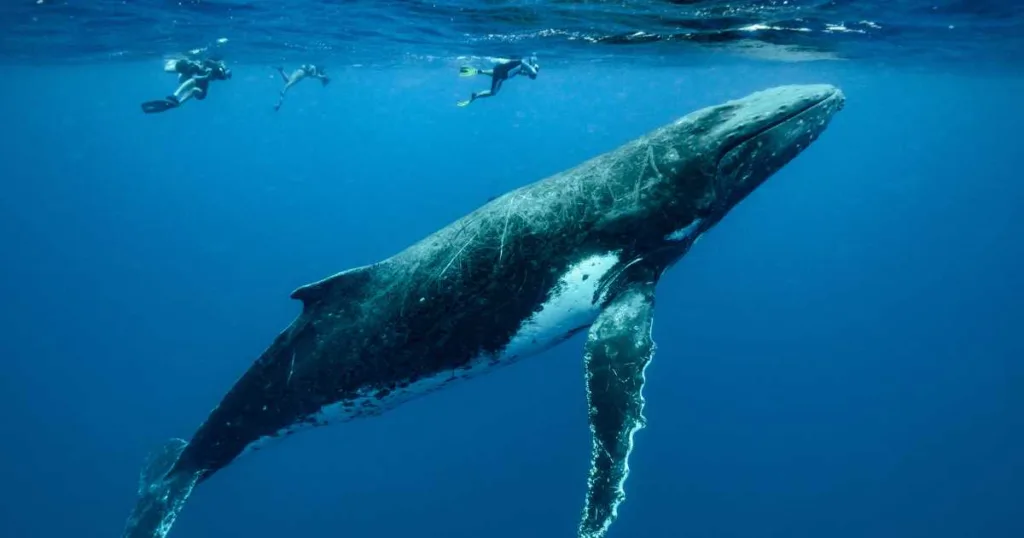
Booking and Planning
When planning your whale-watching adventure in Tonga, it is imperative to consider the seasonal migration patterns of the whales and decide between the types of tours that suit your preference, be it group bookings or a more intimate private charter.
Seasonal Considerations for Booking
Whale watching in Tonga is a seasonal activity, with peak periods July through October when humpback whales migrate to these tropical waters to give birth and mate. It’s advisable to book your tours well in advance during these months as availability can be limited due to the high demand. Early planning ensures you secure a spot during the optimal times, typically in the morning, for a better chance to encounter these magnificent creatures.
Group and Private Tour Options
Group Bookings: Joining a group tour can be a more affordable option, offering a chance to experience whale watching alongside fellow enthusiasts. Tours are usually scheduled for half-day or full-day excursions.
Private Charter: For a more personalized experience, you might consider booking a private charter. Ideal for families or special events, private tours offer a tailored itinerary and exclusive interaction with the whales.
Remember to enquire about the group size, duration, and costs associated with each option to find what aligns with your desires and budget. Whether you prefer the camaraderie of a group tour or the exclusivity of a private charter, Tonga’s whale-watching tours are designed to accommodate various preferences while providing a respectful and conscious approach to wildlife encounters.
Conclusion: The Unforgettable Tongan Whale-Watching Experience
Your journey across the serene waters of Tonga culminates in an inspiring whale watching experience, where the bonds between human and marine life intertwine. The intimate connection you feel as you encounter these gentle giants in their natural habitat is unmatched.
During the whale season, spanning from July to October, you have the rare opportunity to swim alongside humpback whales. The sight of their colossal size juxtaposed with their graceful movements through Tonga’s crystal-clear waters will leave a lasting impression on your memory.
- Safety First: Always pick reputable tour operators, prioritizing your safety and the whales’ well-being.
- Environmentally Conscious: Participate in tours that advocate for sustainable interactions.
Your whale encounter not only broadens your perspective on nature’s wonders but also provides insights into the lives of these majestic creatures. With each splash and song, the whales reveal the complexities of their underwater world, offering you a glimpse into their existence.
In summary, whale watching in Tonga is more than just an activity; it’s an invitation to witness the magnificence of life beneath the waves. Your respect for these marine mammals grows as you understand the significance of preserving their ocean home. This is not just a holiday; it’s a transformative adventure that will resonate with you long after you have returned to shore.


HUMPBACK SWIMS
Best Humpback Whale snorkeling experiences.


ADVENTURESABROAD
South Pacific Explorer Tour has an itinerary like no other — 100% unique!


WHALE DISCOVERIES
Live-aboard sailing yacht Wildlife and swim with the whales.

